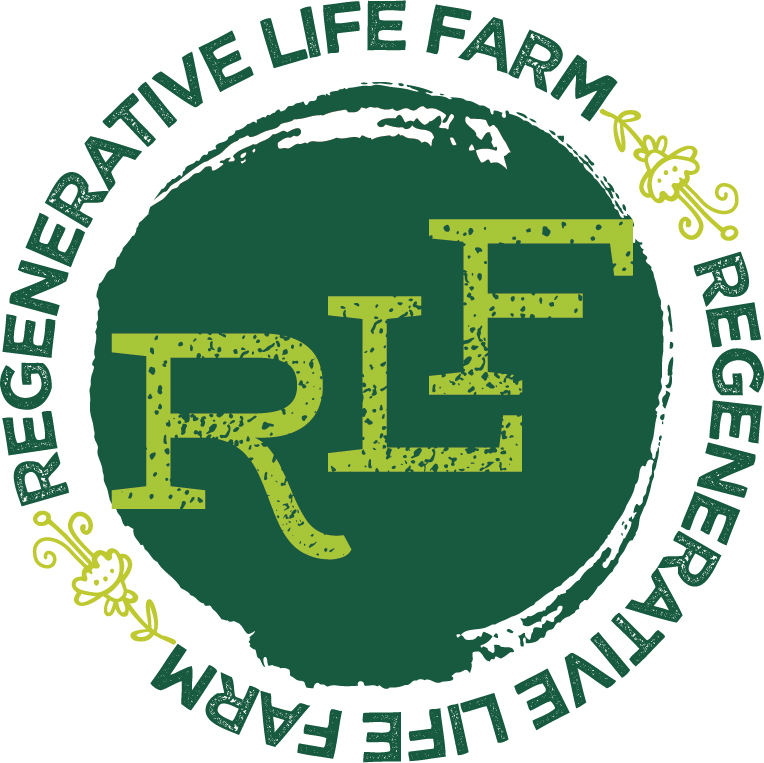Food on a Human Scale
This appeared in the June 25, 2020 edition of The Fish Wrap
The current centralized food production system is dominated by huge corporations using highly mechanized methods at scale to produce cheap food products. 2020 has shown us the fragility of that system with its multiple points of failure. Processed food is poisoning our bodies and our minds and disconnecting us from each other and from what gives life meaning. Our vision for a possible future for humanity involves producing food on a human scale.
Of the total resources put into our food supply, Big Agriculture uses 70% of the available resources to produce 30% of the global food supply. Small farms, working on the human scale, use only 30% of the total resources while producing 70% of the global food supply. The reason for this statistic is that small farms are much more efficient and don’t require all the inputs needed to make mechanized farming work. To scale up the small farm model doesn’t mean building giant farms and processing plants. It means duplicating a successful small farm so that every neighborhood and community is served by local farmers.
Farming on the human scale connects us to each other and builds community. Small farms encourage and nurture life. The need to eat unites all humans regardless of race or class. Whole, unprocessed foods help our bodies to thrive and our minds to think clearly.
The connection to our mother is our first and most basic human connection. While the human to human connection that food brings into our lives is important, the connection to our earth may be more valuable but is often overlooked. We are not separate from nature or our environment. We are in a symbiotic relationship with the air we breathe, the water we drink and the soil that nurtures us all, no matter how much we abuse it.
